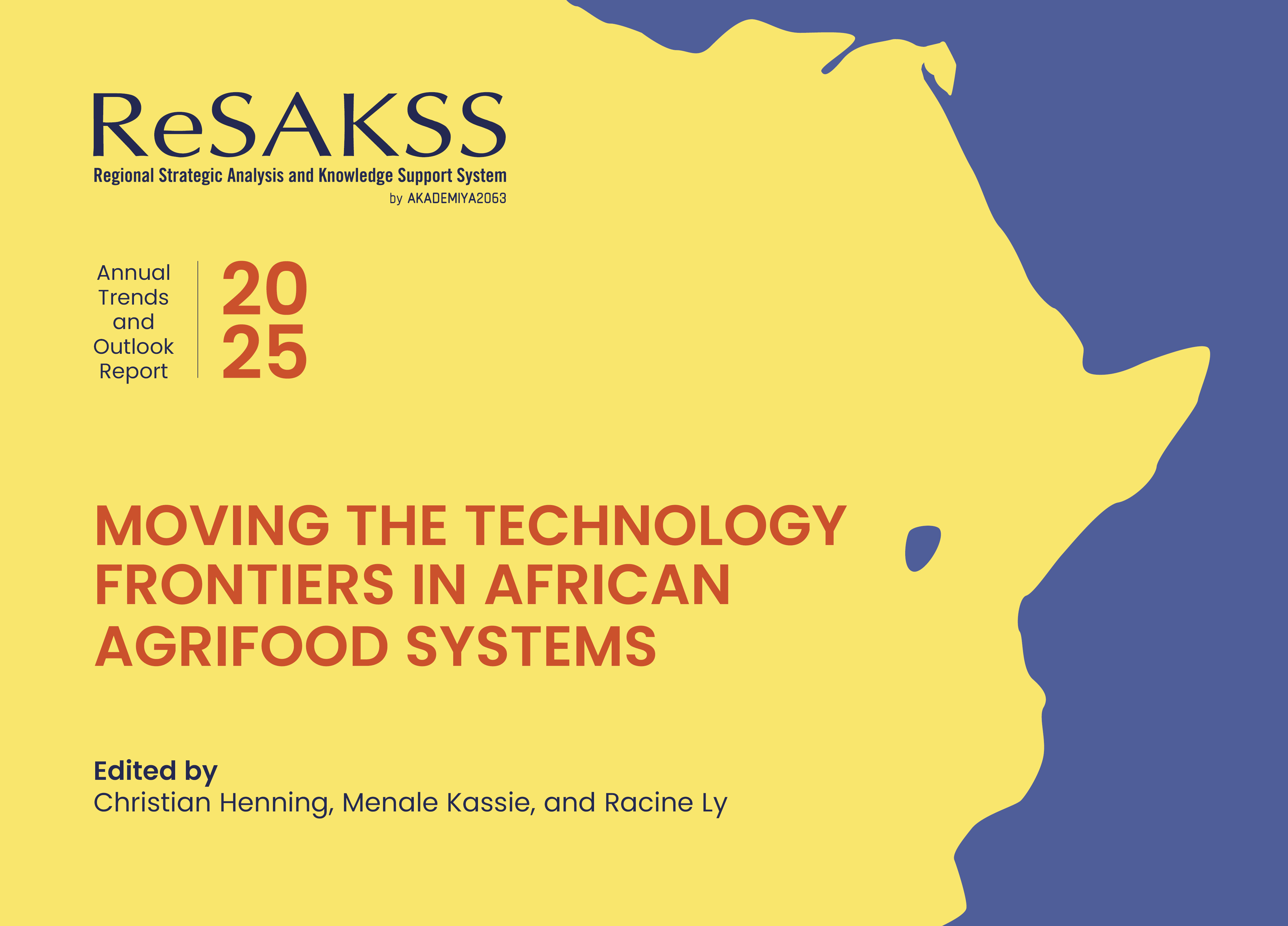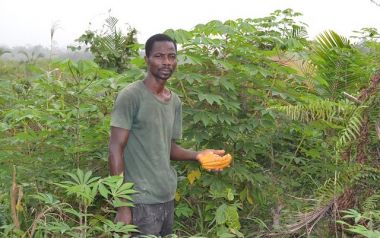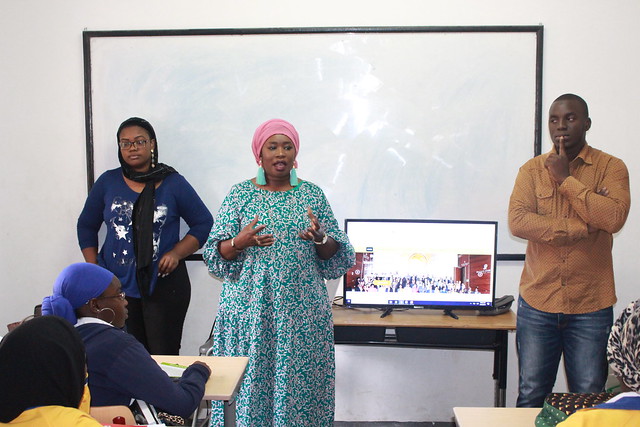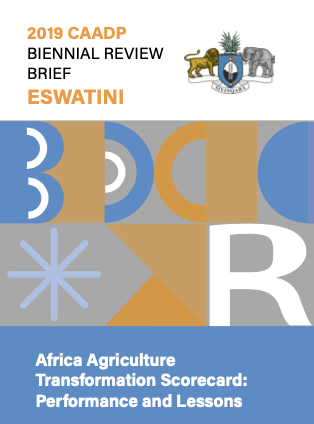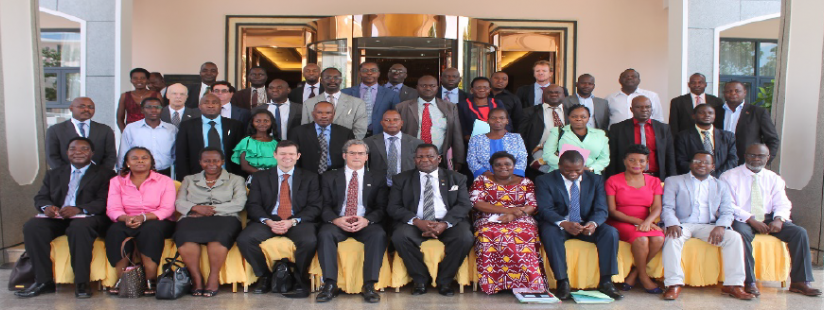By Tsitsi Makombe
On May 30, 2019, the African Continental Free Trade Area (AfCFTA) agreement entered into force. To trigger its implementation, the agreement needed a minimum of 22 country ratifications. The AfCFTA aims to gradually eliminate tariff and non-tariff barriers, accelerate regional and continental integration, improve customs and trade facilitation, develop regional and continental value chains, foster investment and industrialization, and ultimately, boost intra-African trade.
In light of the AfCFTA coming into force and the special focus on trade at the recent 15th CAADP Partnership Platform (PP) meeting, the Regional Strategic Analysis and Knowledge Support System (ReSAKSS) in partnership with the United States Agency for International Development (USAID) organized two side events during the PP meeting. The side events explored data and analytical needs for a successful implementation of the AfCFTA. The African Union Commission (AUC) and the African Union Development Agency (AUDA-NEPAD) hosted the 15th CAADP PP meeting in Nairobi, Kenya from June 11-14, 2019.
The first side event, held on June 12, focused on efforts to promote evidence-based trade policy planning, dialogue and review through dedicated technical networks and mutual accountability best practices. The focus was timely, as the ambitious AfCFTA agenda will need to be supported by strong analytical capacities and research evidence to effectively assess its implementation progress and impacts. “A community of practice organized around data, methodological tools, and communications, such as the African Growth and Development Policy (AGRODEP) Modeling Consortium, is needed to support AfCFTA implementation,” said IFPRI Senior Research Fellow David Laborde during the event. He went on to announce a new technical network, the Trade and Regional Integration Expert group, that has been launched as part of the AGRODEP Modeling Consortium to provide analytical support to the AfCFTA. The expert group is made up of AGRODEP members based in Africa who have received advanced training on trade-related data and economic models. In his remarks as discussant, Augustin Wambo, Head of CAADP at AUDA-NEPAD, hailed the AGRODEP trade technical network, highlighting the challenges that previous AUC-led technical networks faced due to limited resources. He called for their strengthening, drawing from the new trade technical network.

 Participants at 15th CAADP PP meeting side event, June 12, 2019, Nairobi, Kenya
Participants at 15th CAADP PP meeting side event, June 12, 2019, Nairobi, Kenya
Side event participants welcomed the launch of the Trade and Regional Integration Expert group, noting the many analytical questions that still need to be answered to fully understand the impact of the AfCFTA on intra-African trade, employment, and economic growth. For example, participants wondered what the various AfCFTA operational instruments and protocols mean for existing trade arrangements and protocols at the regional level. They, therefore, underscored the importance of trade analysis that addresses implications of the AfCFTA on various stakeholders, especially traders, farmers, women, and youth. Participants called for political commitment and leadership at the highest level as well as inclusive dialogue and review, to ensure a successful implementation of the AfCFTA and the achievement of Malabo Declaration commitments, particularly the commitment to triple intra-African agricultural trade by 2025.
Boosting intra-African trade is critical for fueling economic growth, generating jobs, and improving food security. Yet, tracking trade performance in Africa has been hampered by data challenges and gaps. The second side event held on June 13, took steps to address this by focusing on the measurement and tracking of both formal and informal trade in Africa. Antoine Bouet, IFPRI Senior Research Fellow, presented the challenges of tracking cross-border trade, existing data gaps, and discrepancies between major trade databases. He noted that “…the magnitude of Africa’s informal cross-border trade implied that intra-African trade in agricultural commodities was likely much larger than what is indicated in official trade databases.” Jean Bertrand Azapmo, a Regional Trade Adviser at AUC, presented one of the five operational instruments of the AfCFTA, the African Trade Observatory (ATO). According to Azapmo, the “ATO will collect trade data and information, analyze trade data, monitor and evaluate the implementation and impact of the AfCFTA, and establish an African trade database.” In his comments as discussant, Themba Munalula, Chief Statistician at the Common Market for Eastern and Southern Africa (COMESA), emphasized the need to collect data on informal trade in services and invest on the supply side of trade data.
At the closing of the side event, participants called for investments to strengthen capacities for trade data collection, management, and analysis. Moreover, with the recent launch of the operational phase of the AfCFTA during the African Union Summit held in Niger in July 2019, it is critical for all initiatives involved in trade data and analysis to coordinate and hasten their efforts to better measure, collect, and analyze trade data in order to facilitate greater intra-African trade.
